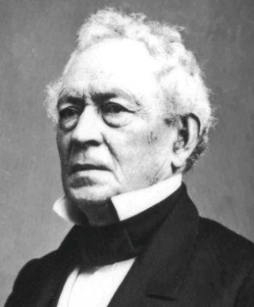
Edward Everett, "Speeches on the Passage of the Bill for the Removal of the Indians Delivered in the Congress of the United States" (Boston, 1830) in Native American Voices: A History and Anthology, ed. Steven Mintz (St. James, New York: Brandywine P, 1995), 114.